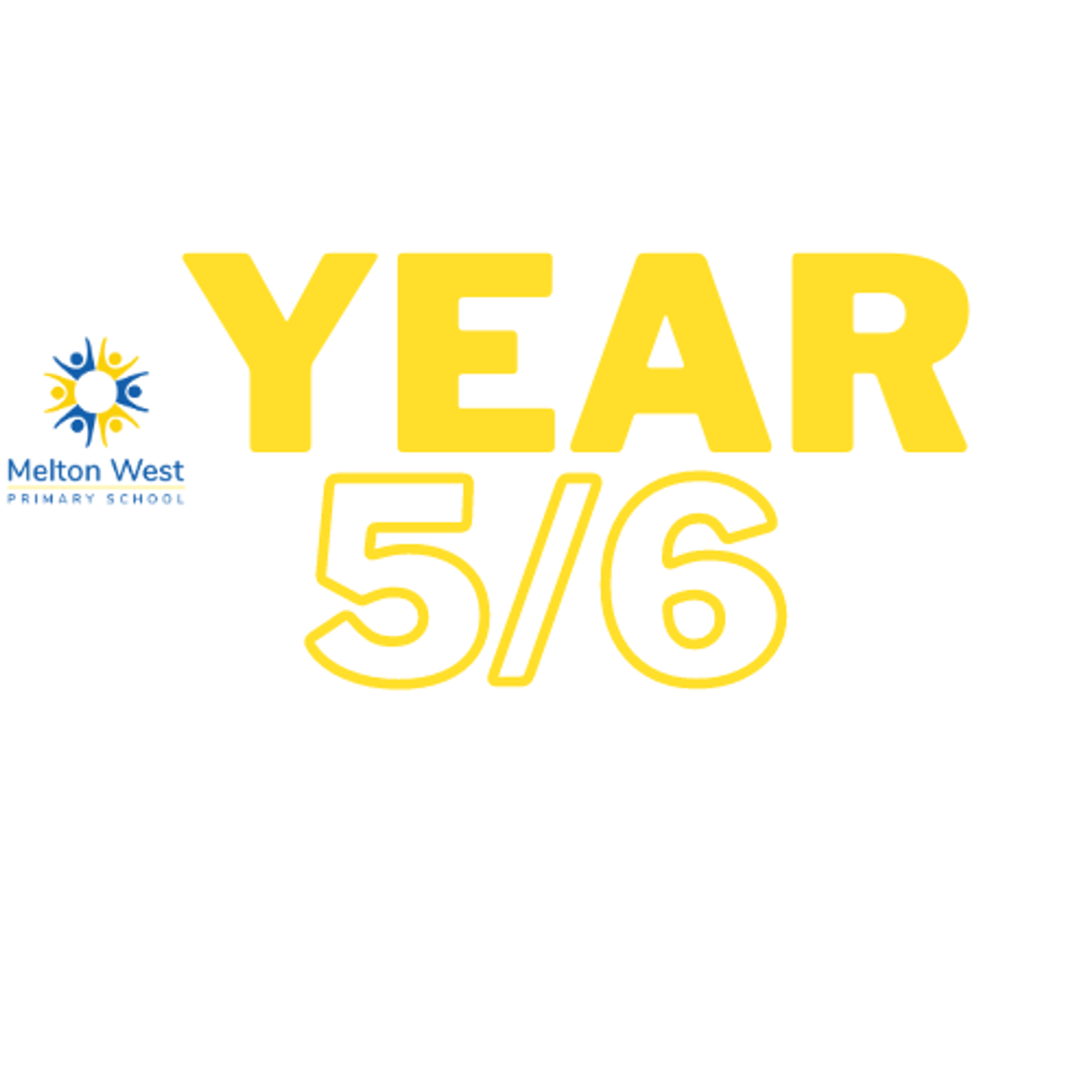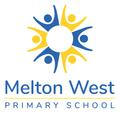Year 5/6 News

English
Reading
In Reading, students will explore how authors help us learn about the world, especially through topics like sport and animals. Students will learn how different features in informative texts, like headings, diagrams, and captions, work together to explain ideas clearly. They’ll investigate how images and words support each other, especially in graphic and procedural texts. Throughout the term, students will also practise making personal connections to what they read, linking the text to their own lives or interests. Using short stories and real-world examples, they will learn to infer changes in characters’ emotions, traits, and motivations by looking closely at what the characters say, do, and feel. Later in the term, students will dive deeper into texts with multiple causes of a problem and practise identifying the main idea in complex passages. They’ll also apply these skills to evaluate persuasive texts, including those related to elections, learning how authors use emotive language and strong evidence to influence readers. These lessons will support students to become more thoughtful, confident readers with opinions they can explain and back up.
Writing
This term, the Grade 5/6 students are learning to write information reports on topics they are passionate about. They will follow the writing process, including researching to develop their ideas, drafting, revising, editing, and publishing their work. As part of this unit, students will build their understanding of the structure of an information report, focusing on key components such as an introduction, detailed description, and a concluding paragraph. To enhance their reports, they will incorporate text features such as diagrams, captions, and glossaries. Additionally, students will focus on using topic-specific vocabulary, verbs, nouns and adjectives effectively to create clear, factual and precise pieces of writing. We are excited to see their creativity and effort shine!
Mathematics
This term, the Grade 5/6 students are diving into a range of exciting mathematical concepts that build both their understanding and confidence as problem-solvers. They will explore numbers by representing decimal numbers on a number line and working with fractions—including representing fractions, improper fractions and their conversion to mixed numbers. In measurement, students will use protractors to estimate, construct, and measure angles in degrees, label and name angles, and investigate angles within 2D shapes. This knowledge will be applied to a range of hands-on design tasks. They will also compare 3D objects to their nets and build them to deepen spatial understanding. In measurement, students will convert time between am/pm and 24-hour formats, and accurately measure mass. Throughout the term, they will develop and apply mental and written strategies for addition and subtraction, including with fractions. We look forward to seeing the students grow in their mathematical thinking and apply their learning in creative and practical ways!
Inquiry
In inquiry this term, the Grade 5/6 students will be exploring democracy in Australia through a unit called ‘Decisions, Decisions, Decisions’. They will be looking at how democratic governments operate with a particular focus on Australia. This will include identifying the values that underpin Australia’s democracy as well as the roles of local, state and federal governments. They will also be examining how governments are elected and how parliaments develop and pass legislation. Finally, applying this knowledge, they will be asked to explore how they can participate in group decision making as an active citizen in their communities, both locally and globally. The key concepts of this unit include the function and operations of government in Australia, and the importance of open discussion in the democratic decision making process.
Science
In Term 2, Grade 5/6 students will be focusing on Chemical Science. Term 2’s unit is called 'Changes'. The curriculum focus for the unit is ‘Changes to materials can be reversible, including melting, freezing, evaporating, or irreversible, including burning and rusting’.
The key concepts in this unit include:
Mixtures are everywhere and can be either homogenous or heterogenous
Mixtures are a physical combining of 2 or more elements in a way that is reversible
Compounds are different to mixtures, because they are formed through chemical reactions and are irreversible
There is a difference between a chemical and physical change, and there are five observable signs that a chemical reaction has taken place
The inquiry questions are:
What is the difference between a compound and a mixture?
When you mix molecules, is it reversible?
How do we know if something is a chemical change or a physical change?
LOTE - AUSLAN
Welcome to Term 2 Auslan! During this term we will learn about: – Food/Lunch, Inside Appliances, Medical #2,Fingerspelling, Camping, Birds, Materials, HOLM + NMF #2, Constructed Action/RoleShift and Revision. Constructed Action/mime will be a feature this term, where students are encouraged to use their bodies and facial expression to extend their Auslan communication. This is an important feature of the Auslan Language. Improving this skill enables Year 5/6 students to become more expressive in Auslan.
The Revision lesson will introduce the life stories of some Deaf people and their culture.
The students will be provided with an opportunity to learn about Deaf Culture, whilst
developing their receptive skills. The Year 5/6 students are encouraged to create their
own ‘story’ telling about themselves, drawing on their past learning. Fingerspelling activities provided will continue practice to encourage students’ ability and confidence.
With HOLM + NMF (the features of Auslan – Handshape, Orientation, Location,
Movement and Non-manual features [facial expression and body language]), the
students will learn about minimal pairs where one feature changes (handshape, whilst the
other features remained the same) and the impact this has on the meaning of a sign.
At this level the students are learning the significance of the features of Auslan.
Art
This term in Art, the Year 5/6s are continuing to build their technical skills and explore this year’s big idea, ‘My artistic inner world’. The students will be supported to develop their creativity, including their ability to share creative thinking, generate inventive ideas, develop ideas by making and make thoughtful use of art materials.
We will practice responding to a variety of artistic prompts and questions, as well as research artists that interest us personally and create our own versions of their artworks. Another important project will revolve around portraiture, together with the challenges of realistic drawing and replicating intricate patterns. Our visual diaries are coming along well and it has been a true pleasure to see the 5/6s take pride in excellent work and progress. We are looking forward to a productive and enjoyable Term 2!
P.E.
Term 2 is shaping up to be a busy and exciting one for our Grade 5/6 students. Many will have the opportunity to represent Melton West Primary in interschool sport, including the upcoming cross-country event and the Winter Sports Lightning Premiership, featuring netball, tee-ball, and football. These events are a fantastic chance for students to showcase their skills, teamwork, and school pride. Good luck to all participants, and a big thank you to the staff supporting these events!
In PE, students will begin the term with a soccer unit. They will focus on key skills such as passing, shooting, and dribbling, and then apply these skills in small-sided games. Each class will take part in a mini tournament, giving students the chance to follow rules, work as a team, and enjoy some friendly competition in a structured environment. Following soccer, students will participate in our Bike Ed program. They’ll start by revisiting the basics of bike safety and control before progressing to more advanced riding skills. This includes emergency braking, riding through obstacles, and cycling alongside others. Bike Ed encourages independence, coordination, and safe riding habits—an essential life skill. To round out the term, we’ll move into athletics. Students will take part in a range of events commonly seen at athletics carnivals, including sprints, relays, long-distance running, discus, and shot put. These activities will help develop strength, technique, and resilience in a fun and supportive setting.
I’m looking forward to another great term of learning, teamwork, and physical development with our Grade 5/6 students!
